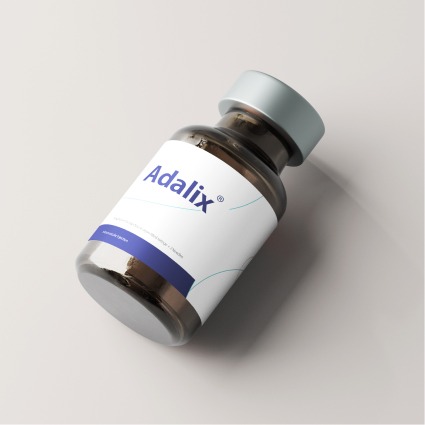Addressing the Healthcare Workforce Shortage in Oman: The Role of Opal Bio Pharma in Building Local Capacity
Oman’s healthcare system has evolved rapidly over the past few decades, reflecting the country’s broader ambitions for national development and improved quality of life. However, one of the most persistent and pressing challenges facing the sector today is a shortage of qualified healthcare professionals, especially in specialized medical, pharmaceutical, and biotechnological fields. This shortage is not a future concern, but a current crisis that demands immediate attention.
The Challenge: A Critical Shortage of Local Talent
Oman’s healthcare workforce has long depended on expatriate professionals to meet clinical and operational needs. While this model has helped bridge gaps in expertise, it is not a sustainable long-term solution, notably as the government prioritizes “Omanization” across strategic sectors.
The problem is not simply one of quantity, but of capacity and specialization. Oman lacks sufficient numbers of highly trained professionals in areas such as:
- Biopharmaceutical R\&D
- Clinical trial management
- Regulatory affairs
- Advanced diagnostics
- Public health policy
This shortage has wide-ranging consequences:
- Overburdened healthcare systems, especially in rural areas where staff are limited.
- Increased healthcare costs, due to reliance on imported labor and expertise.
- Slower innovation, as there is limited in-country research capacity and technical know-how.
- Limited resilience during emergencies, as seen during the COVID-19 pandemic, when the need for a strong local workforce became more evident than ever.
With the right investment and training, Oman’s local workforce has the potential to meet the growing demands of its population and become a regional leader in health innovation. The future is bright, but it requires action now.
The Solution: Industry-Led Workforce Development
Solving this complex issue requires a multi-stakeholder approach. Government support is critical, but so is active participation from the private sector, particularly from institutions with the expertise and infrastructure to train the next generation of professionals.
This is where Opal Bio Pharma (OBP) plays a pivotal role.
OBP: Empowering Oman’s Heal
thcare and Biopharma Workforce
As a leading biopharmaceutical company based in Oman, OBP is deeply committed to investing in local talent. We view workforce development not only as a national priority but as a strategic imperative for the future of the healthcare and pharmaceutical sectors.
OBP is uniquely positioned to contribute to this transformation through:
- Academic partnerships, particularly with Sultan Qaboos University and other institutions.
- Hands-on training programs that offer real-world experience in laboratories, production lines, and research units.
- Curriculum alignment, where we help shape academic content to meet actual industry needs.
- Scholarships and funding, empowering Omani students to pursue advanced specializations in pharmaceutical sciences and biotechnology.
Our facilities serve as a living laboratory, where students and young professionals are mentored by scientists, pharmacologists, and regulatory experts working on cutting-edge therapies.
Why Industry Involvement Matters
Private-sector companies like OBP bring critical assets to the table:
- Real-time market knowledge, ensuring training reflects the latest trends and technologies.
- Advanced facilities, which can’t always be replicated in university settings.
- Pathways to employment, offering direct integration of trained graduates into the sector.
By taking an active role in education and training, OBP ensures that Oman’s health sector is not just importing innovation, but building it from within.
Looking Ahead: A National Vision with Local Roots
Workforce development is not an overnight solution—it’s a long-term investment in people, knowledge, and institutions. However, with sustained collaboration between government, academia, and companies like OBP, Oman can build a self-reliant, resilient, and world-class healthcare system.
At Opal Bio Pharma, we’re proud to be part of this mission, training the minds that will shape the future of medicine and healthcare in Oman.

